This question has probably been asked by many people more than once. Especially in the eyes of many fans, the national football team has become a "hard-luck kid". Hope flares up time and again, only to be extinguished time and again. Now facing a strong group like Saudi Arabia and Australia, known as the "group of death," how many chances does the national football team have to turn things around? Can the return of coach Ivan enable this "difficult" national team to make a comeback, or will he simply become another "firefighter"?
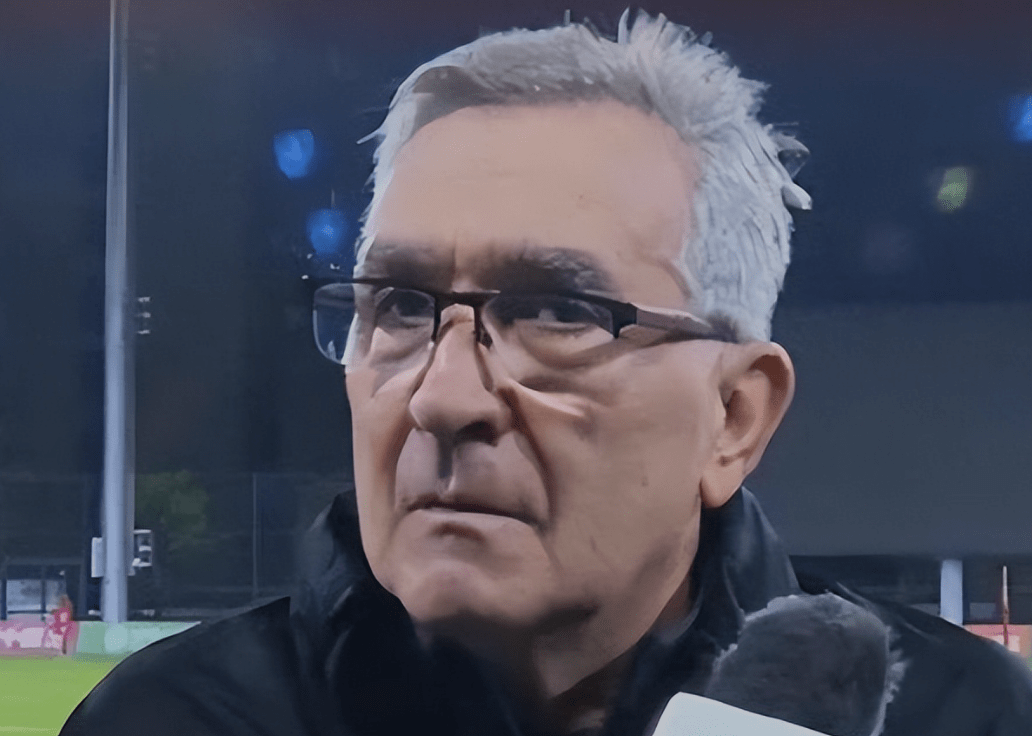
As a long-time observer of Chinese football, I have something to say: The difficulties faced by Chinese football did not arise overnight, and the return of Ivan, the addition of naturalized players, tactical adjustments, etc., can ultimately only solve urgent problems. However, in just a few crucial matches, our opportunities are down to just a little bit. This time, can we still hold onto the hope of qualifying? This is no longer just about football performance but also a test of the trust that fans have in this team.
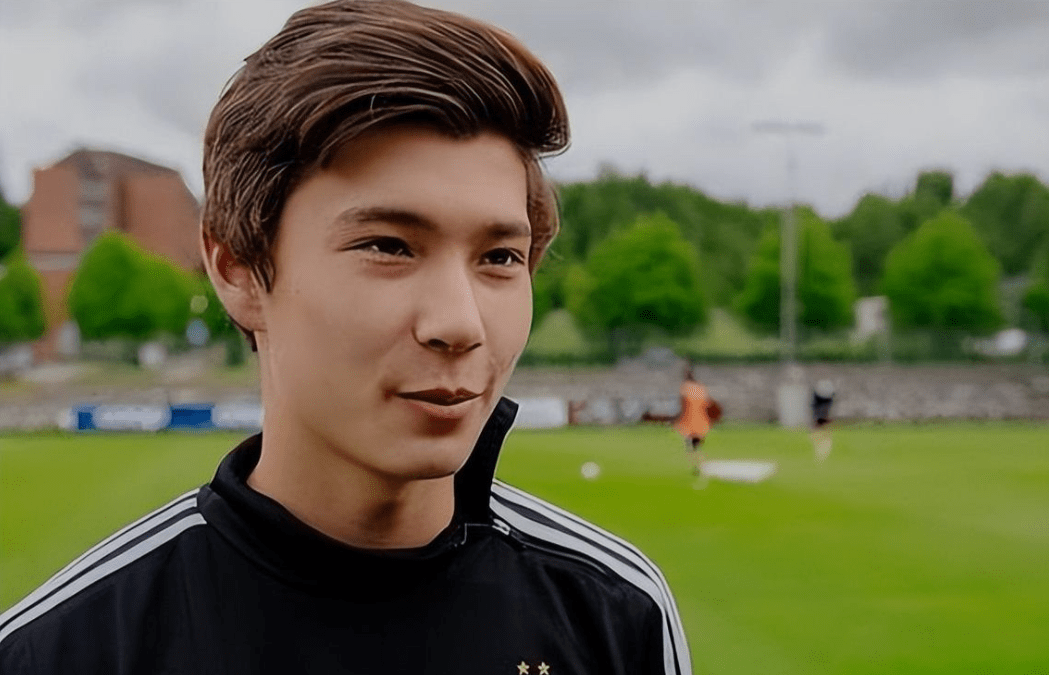
Speaking of coach Ivan, he is undoubtedly considered an "old hand" for the national team. This Serbian iron coach had previously led the Chinese team to achieve some excellent results in Asian competitions: such as qualifying from the group stage of the Asian Cup and once improving the team's fighting ability, giving fans renewed hope. However, years have passed, and the landscape of Asian football has undergone tremendous changes. Traditional opponents have generally upgraded, while the national team remains stuck in place.

Ivan is known for his tactical rigor and emphasis on defensive stability and pressing, which was evident in previous games. However, today, he is coaching a team that continues with an aging lineup, lacks chemistry, and struggles under policy fluctuations, and the opponents are stronger than ever before. Although he has rich experience and unique tactical insights, whether he can return at full strength remains a big question mark. This time, returning to the coaching position, he faces challenges more severe than any in the past.
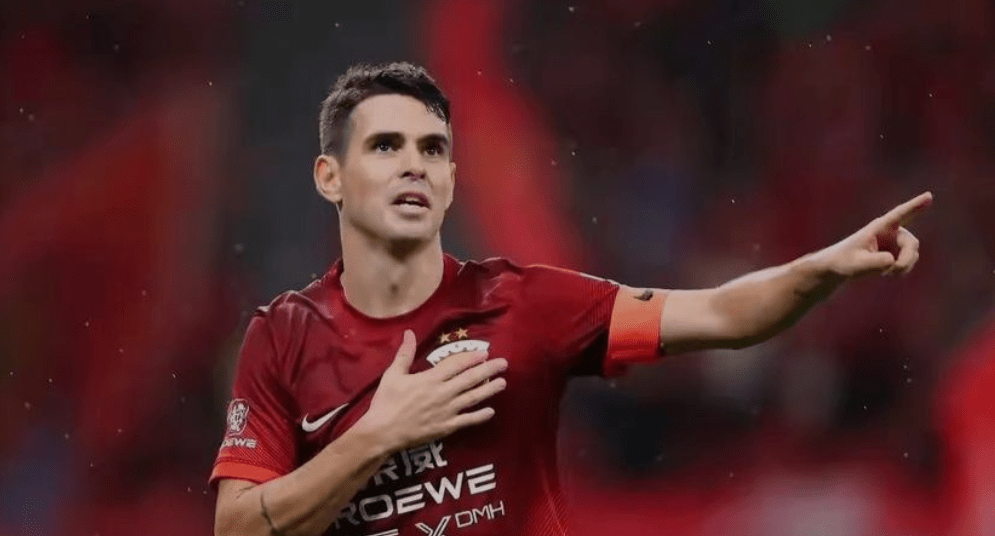
Who would have thought that Indonesia could become a "roadblock"? This opponent, once relatively unknown in Asian competitions, has quickly built a quasi-European-level team through the naturalization of foreign players. They brought in Dutch coach Cruyff and introduced several Dutch-descended players, visibly enhancing the team's strength. Every game they play is decisive and spirited, making it hard not to admire them. This "naturalization model" is controversial, but it poses a significant hidden threat to the national team.

If Indonesia's rise is a tactical acceleration, then Bahrain's performance can be described as nothing short of a "miracle." In the Gulf Cup, they staged a "grassroots comeback": a small football nation with limited resources managed to rely on tactical execution and tenacious fighting spirit to consecutively eliminate strong teams like Saudi Arabia and Iraq, even bringing the championship trophy home. Honestly, this is what the national team should learn from: It's one thing to have resources, but you must show the drive that gives fans hope; otherwise, how can you justify the years of fan loyalty?
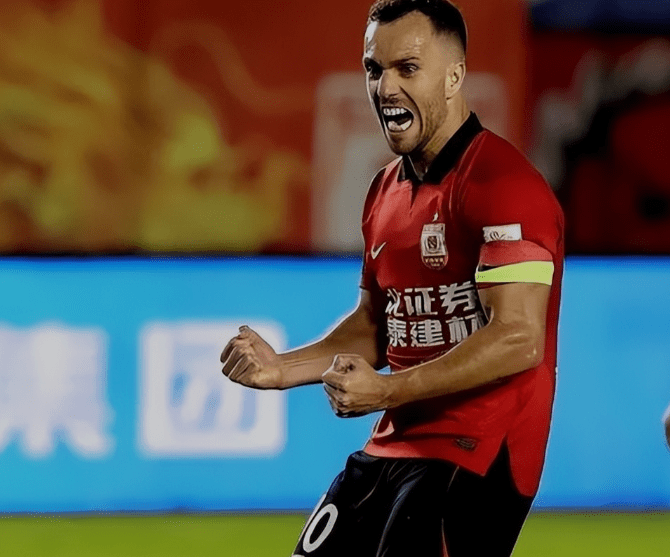
Looking at Saudi Arabia and Australia, these two "giants," they are the "ceiling" for the national team. For years, we've struggled mostly in their shadow. Saudi Arabia possesses top-tier technical and tactical abilities in Asia, while Australia is a physically dominant opponent. It's like "pulling teeth from a tiger's mouth" for the national team to snatch points from these teams.
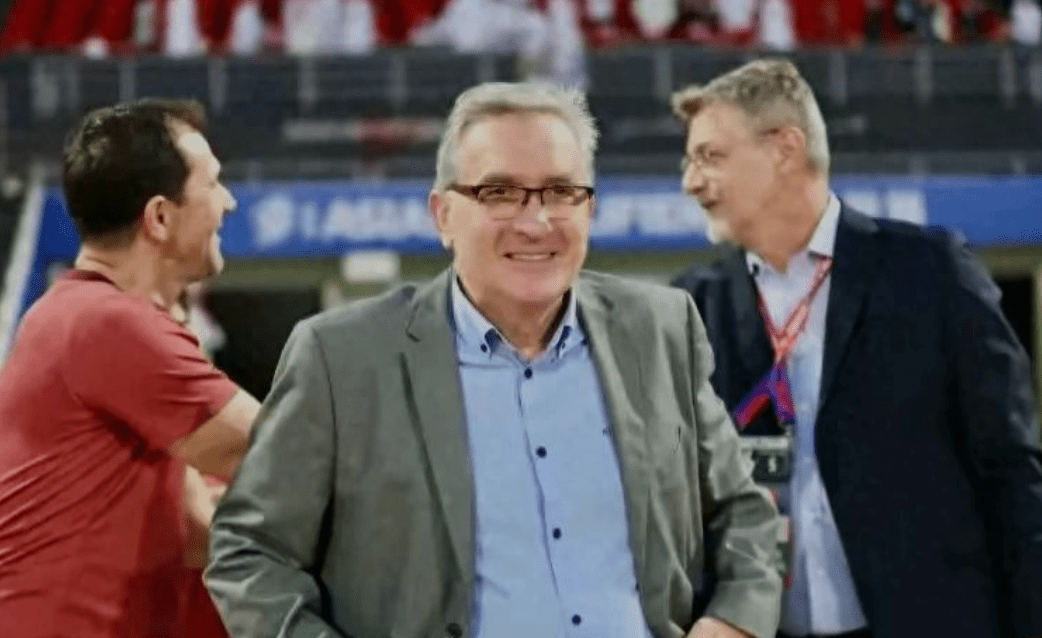
In such a harsh environment, the national team's response strategy has been criticized by many. This time, coach Ivan selected a stronger lineup and attempted to include naturalized players, such as the powerful foreign aid player Elkeson. Although there seems to be some improvement on paper, fans know that the so-called roster is not the entirety of the team's combat capability. The national team is not without good players, but the whole team lacks coordination, is set in its ways, and lacks flexibility in dealing with complex situations.
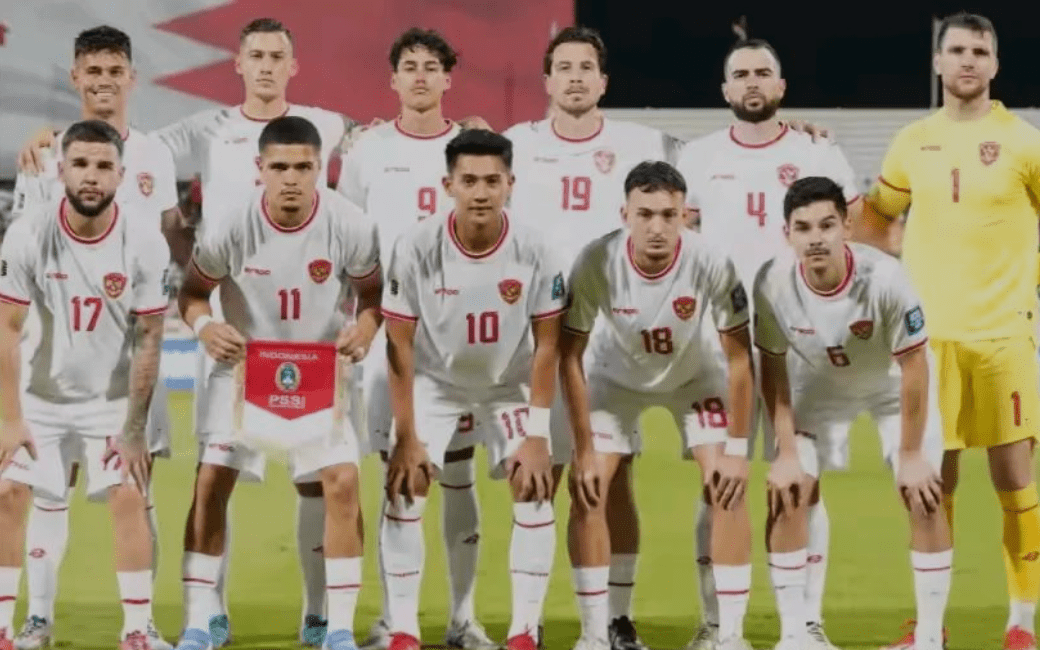
Moreover, recent performances by the national team have revealed a heartbreaking reality: the youth training system remains weak, fresh blood is not being replenished, and reserve forces are falling behind. Neighboring countries like Japan, South Korea, and even Vietnam have rapidly risen in recent years due to efficient youth training systems, but Chinese football is a "slowpoke" in this regard. Young players are not coming up, and veterans' conditions are far worse than before, making the national team increasingly "stressed."
Key tactical adjustments are important, but what ultimately determines success or failure is almost always the players' on-field performance. Currently, the national team places great importance on two key matches: the away match against Saudi Arabia and the home match against Australia in March. These are called "life-and-death battles," and the situation is clear: The national team must seize points to have a chance at "securing fourth and competing for second"; otherwise, it may end up as a "also-ran," to the point where even fans are too lazy to criticize.
In contrast, the performances of the Indonesian and Bahraini teams give us much food for thought. Naturalized players are not new to the national team, but the effects have always been mediocre. Is naturalization a "lifeline" or "poisonous drink"? Perhaps Bahrain's story offers another warning: No matter how limited your resources are, with tenacious fighting spirit and scientifically reasonable tactical execution, miracles can be created on the international stage. Small teams have this spirit, yet the national team, with so many resources, is still spinning its wheels, which is truly worrying.
Finally, don't overlook the importance of home advantage. In the match against Australia, home advantage is a minor edge for the national team. As is well-known, Asian teams often leverage atmosphere, fan support, and regional conditions to restrict opponents at home, which is also a trump card for the national team. Unfortunately, due to declining performance in recent years, fans' confidence in the national team has waned, and the enthusiasm of home spectators is clearly not what it used to be.
However, home advantage still has the potential to become a "morale booster" for the national team. If the team can demonstrate fighting spirit on the field, that "uncontainable hope" might reignite the passion of the fans.
Although it seems daunting, the national team is not without opportunities. Football is a competitive sport with a high threshold, but it has a unique charm: uncertainty. Ivan has brought miracles before, and whether the same emotion can return depends on whether the team puts forth 120% effort. And our fans may still be willing to wait for such glory, even if it's just a long-awaited victory.
Football is not just a simple game of scores; it's more like a country's寄托. Winning what should be won and fighting for what should be fought for, this tough battle is worth looking forward to!
(Disclaimer) The processes and images described in the article all come from the Internet. This article aims to promote positive social energy and has no vulgar or inappropriate content. If there are any copyright or personal infringement issues, please contact us in time, and we will delete the content immediately! If there are any questionable parts of the event, we will delete or make changes immediately after contacting us.